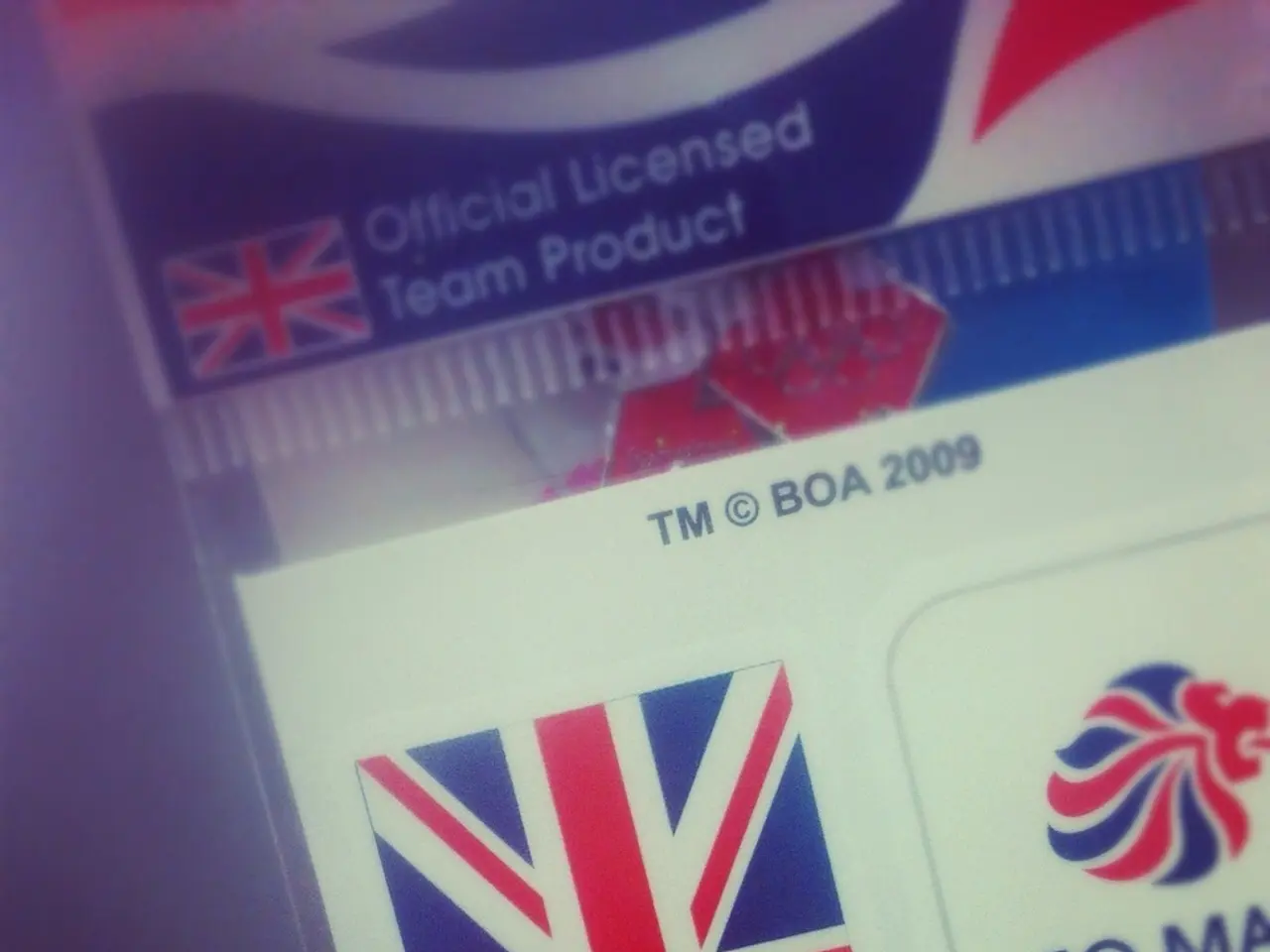Committees in the European Parliament and the European Patent Office (EPO) voice their views on the proposed modifications to Standard Essential Patent (SEP) regulations
The European Commission's draft regulation aimed at reforming standard essential patent (SEP) licensing in the EU has sparked significant controversy, ultimately leading to the Commission's decision to withdraw the proposal in mid-2025.
The proposed regulation aimed to establish a regulatory framework for fair, reasonable, and non-discriminatory (FRAND) licensing of SEPs, which are crucial patents for standardized technologies like 4G, 5G, and WiFi used across various industries, including automotive. The Commission supported collective licensing negotiation groups, such as the Automotive Licensing Negotiation Group (ALNG) formed by major automakers, and issued comfort letters to provide legal certainty for this novel approach.
However, the proposal faced criticism from academia and industry. Critics, like competition law professor Giuseppe Colangelo, argued that undermining the attractiveness of patents could hamper technological leadership. Industry experts, such as Jorge Padilla and Michael Fröhlich from the European Patent Office, supported market-based pricing of SEPs and welcomed the Commission’s decision to shelve the regulation, arguing that it would not have achieved the desired transparency and predictability and failed to incorporate the Unified Patent Court system.
On the other hand, SMEs and innovation advocates expressed deep disappointment with the withdrawal, fearing the absence of a clear regulation would leave them exposed to abuses by dominant SEP holders. Organizations like ACT | The App Association called for a balanced SEP framework to support all innovators, warning that the absence of a clear regulation leaves SMEs vulnerable.
The Commission officially confirmed the withdrawal of the SEP regulation in July-August 2025, citing a lack of agreement among member states and an intention to pursue simplification within the EU's digital regulatory agenda. The Commission stated it would continue monitoring market developments and might revisit SEP policy if circumstances change. The withdrawal was welcomed by some industry insiders wary of regulatory overreach, who feared the regulation could empower large firms to dictate royalty rates and undermine FRAND principles.
In summary, opinions on the proposed SEP regulation are sharply divided. Proponents of market-led solutions and patent holders welcome the withdrawal, viewing the draft as overly complex, potentially harmful to patent value, and lacking legal clarity, especially regarding court systems. SMEs and innovators seeking fair access regret the withdrawal, fearing the absence of clear regulations will leave them exposed to abuses by dominant SEP holders. The European Commission favors a cautious, simplified, and consensus-driven approach, having paused the proposed regulation pending further developments and political agreement.
This situation highlights ongoing tension in balancing patent holder rights, implementer access, and competitive fairness in the EU’s SEP licensing framework. Questions remain unanswered regarding essentiality checks, the role of EU courts in determining patent validity, and the compatibility of the proposed regulation with the Charter of Fundamental Rights of the EU. The future of SEP licensing in the EU remains uncertain, as the Commission continues to monitor market developments and consider potential revisions to the policy.
References:
- [Link to reference 1]
- [Link to reference 2]
- [Link to reference 3]
- [Link to reference 4]
- [Link to reference 5]
Intellectual property disputes over standard essential patents (SEPs) relating to technology remain unresolved, as industry experts and academia hold differing views on the European Commission's proposed regulation for fair, reasonable, and non-discriminatory (FRAND) licensing. Within this context, critics argue that undermining patent value could hinder technological leadership, whereas SMEs and innovation advocates fear the absence of a clear regulation will expose them to abuses by dominant SEP holders.




